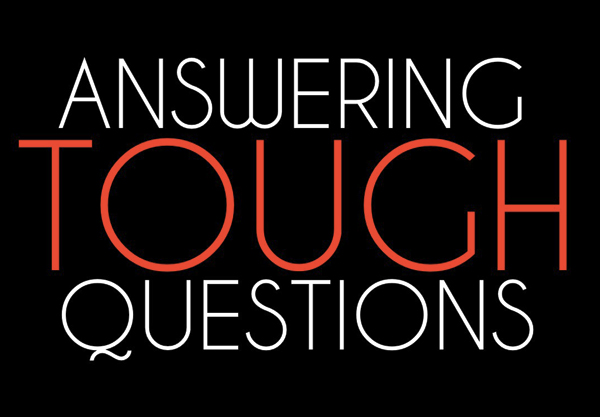This is a guest post by Mike Mobley from Before the Cross. Mike is “Saved by grace through faith. In love with Jesus, his Glory, and obviously my beautiful wife Joelle and daughter Peyton! Seeking Him in everything to glorify Him and spread the gospel of Jesus Christ.” You can connect with him on Twitter as well.
We all have opportunities from our past that we missed out on by not acting. Regrets can fill our lives. We can sulk in our guilt for and keep beating ourselves up, saying, “I could have done this. I could have done that.”The reality is, you won’t get that same chance again. To keep living in the past shows a lack of trust in God and results in a waste of time in the present.

“Be strong and courageous. Do not fear or be in dread of them, for it is the LORD your God who goes with you. He will not leave you or forsake you.” – Deuteronomy 31:6
Let’s remember that for those who have a relationship with Christ, that we have God. There is no reason to fear or be afraid. Instead, be strong and courageous. God is not going to leave you or forsake you.
Here is a good example from my past: Continue reading



